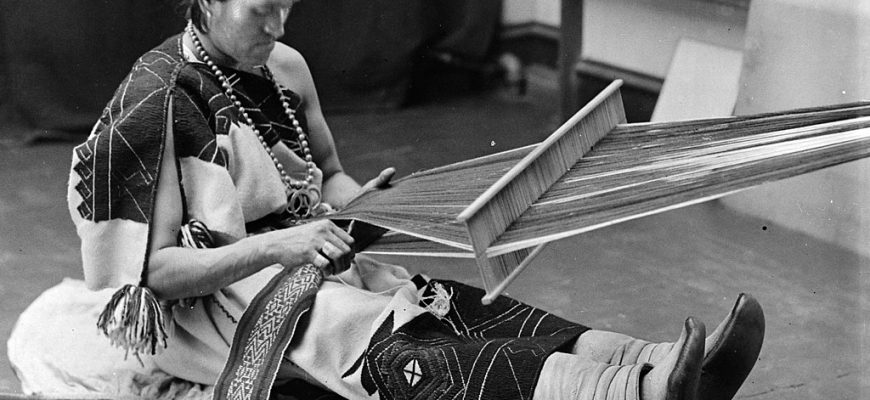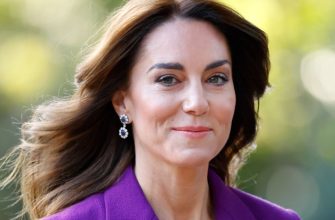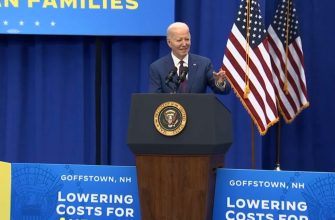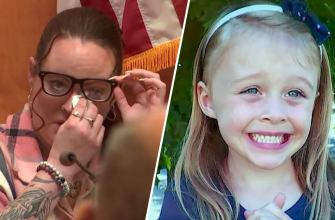Five centuries ago, people who might today describe themselves as “gender-fluid” held leadership and mediation roles in their Indigenous communities.
That was before European colonizers limited Indigenous cultures to binary male and female genders.
Now they are sometimes called “two-spirits,” but these people were targets for colonizers, since eliminating these “knowledge keepers” splintered communities and made it easier to conquer their resources and land.
That pattern is forming again today as tribes attempt to reclaim and decolonize their histories, according to ethnohistorian Gregory Smithers.
This is just one of the narratives explored in his newest book, “Reclaiming Two-Spirits,” winner of the 2023 Prose Award in Cultural Anthropology and Sociology. It was also a finalist for the 2023 Publishing Triangle Randy Shilts Award for Gay Nonfiction. The Virginia Commonwealth University professor gave a talk at the Hampton History Museum on Monday.
“This evokes a very dark and violent history that goes back to first encounters,” Smithers said.

A rise in homophobia, transphobia and related hate crimes, particularly in parts of the country with large Indigenous communities, has intersected with the racism those groups have dealt with for centuries and made it more difficult for tribes to reclaim this part of their history.
“It retriggers the sense of historical trauma that a lot of people feel when they do see things like bans on books, and transphobia and missing and murdered Indigenous women and trans women,” he said.
“Two-spirit” is a modern phrase, not one pulled from history, although it has been translated to the Algonquin language Ojibwe as “niizh manitoag.” It’s an umbrella term invented in 1990 for the ways various Indigenous tribes referred to individuals who represented both male and female spirits. Like the term “Indian,” there’s no consensus for or against the term across tribal nations and individuals, Smithers said.
When Smithers first began doing this work, there was a thirst for knowledge about the topic and audiences were receptive, he said. But over the past 10 years, the types of questions and conversations he hears during his talks have changed.
“In the current moment we’re in, it feels like everyone is suspicious of everyone and they assume you have a political agenda,” he said. “My worry as a historian is that that takes away from doing justice to people’s lives in the past, and sort of empathizing and learning from their experiences.”
“Two-spirit” can’t be used interchangeably with “LGBTQ,” Smithers said, and not all queer Indigenous people are two-spirits. In many ways, he said, two-spirit should be considered more than an identity. It’s a role in the tribe, one that creates balance within the community.
Two-spirit people held some of that balance within themselves, so they were considered to be a good source of it for the tribe — able to have a broader perspective, mediate between male and female roles and disputes, and share knowledge.
“That’s very difficult, I think, to unpack for Western audiences,” he said. “In the Western world, we live in a binary world where there’s male and female, there’s right and wrong, and that’s kind of how our laws and politics evolved.”
Katrina Dix, 757-222-5155, katrina.dix@virginiamedia.com








